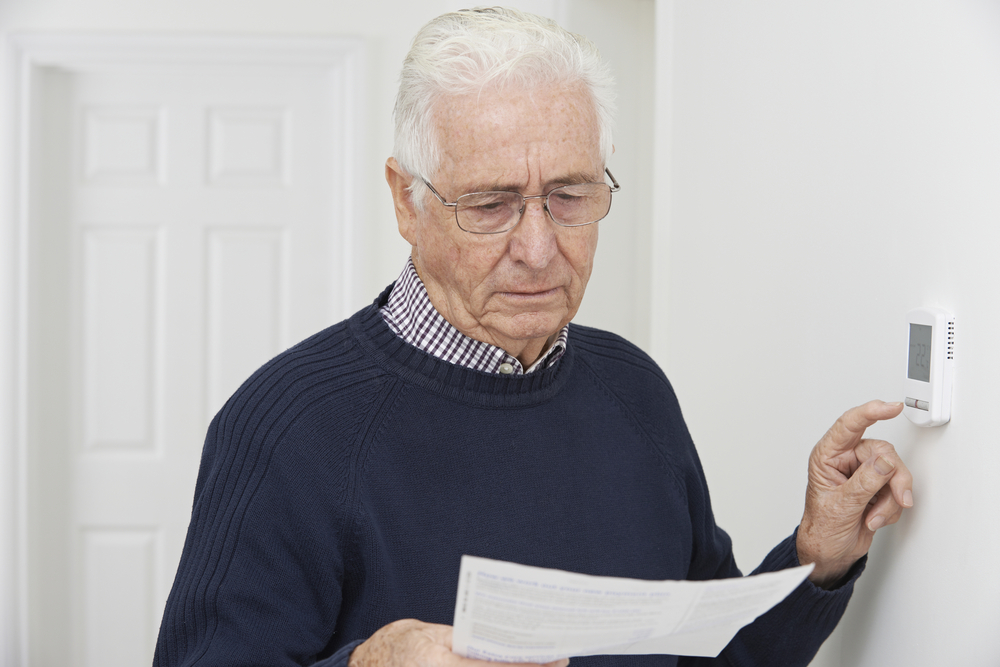Household Bills
Household bills rise at double the rate of salaries

Guest Author:
Paloma KubiakHousehold bills increased by an average of 43% in the past decade, twice the rate of wage growth, research reveals.
Bills for council tax, TV, phone, broadband, gas, water and electricity have also increased by an average 10 percentage points more than inflation over the past decade.
The research from Santander reveals that gas and electricity bills account for the largest price increases – 73% and 72% respectively in 10 years, while water bills have increased 41% in that time.
Both are much higher than the 32% rise in inflation over the period. Council tax has risen 27%, while TV, phone and broadband prices have all risen by 24%, slightly behind inflation but still faster than wage growth which comes in at 19%.
Santander found that in 2006, the median wage stood at £19,375 with inflation at 3.2%, and household bills cost £2,148. Fast forward to 2016 and the median wage stands at £23,099, with inflation at 1.8% inflation and annual bills at £3,063.
The lender said household bills continue to squeeze incomes as 13% of the average UK adult’s salary is spent paying basic domestic bills. Over a lifetime, people will fork out more than half a million covering domestic bills, while those in London will spend more – £601,638. This is closely followed by people in the South East (£580,566).

Wellness and wellbeing holidays: Travel insurance is essential for your peace of mind
Out of the pandemic lockdowns, there’s a greater emphasis on wellbeing and wellness, with
Sponsored by Post Office
However, those living in the South West will spend the largest proportion of their salary on basic household bills – with almost 15% of their earnings going towards them over the course of a lifetime.
Matt Hall, head of banking and unsecured credit at Santander, said: “Households have been hit hard as the cost of bills and other goods continue to rise. With increased prices across a variety of key household items, families will be looking for ways to make their money go further.
“There are a number of things people can do to reduce the cost of their household bills. From installing home energy monitors to analysing their energy usage or changing their electricity supplier or mobile provider, people can save a small fortune.”